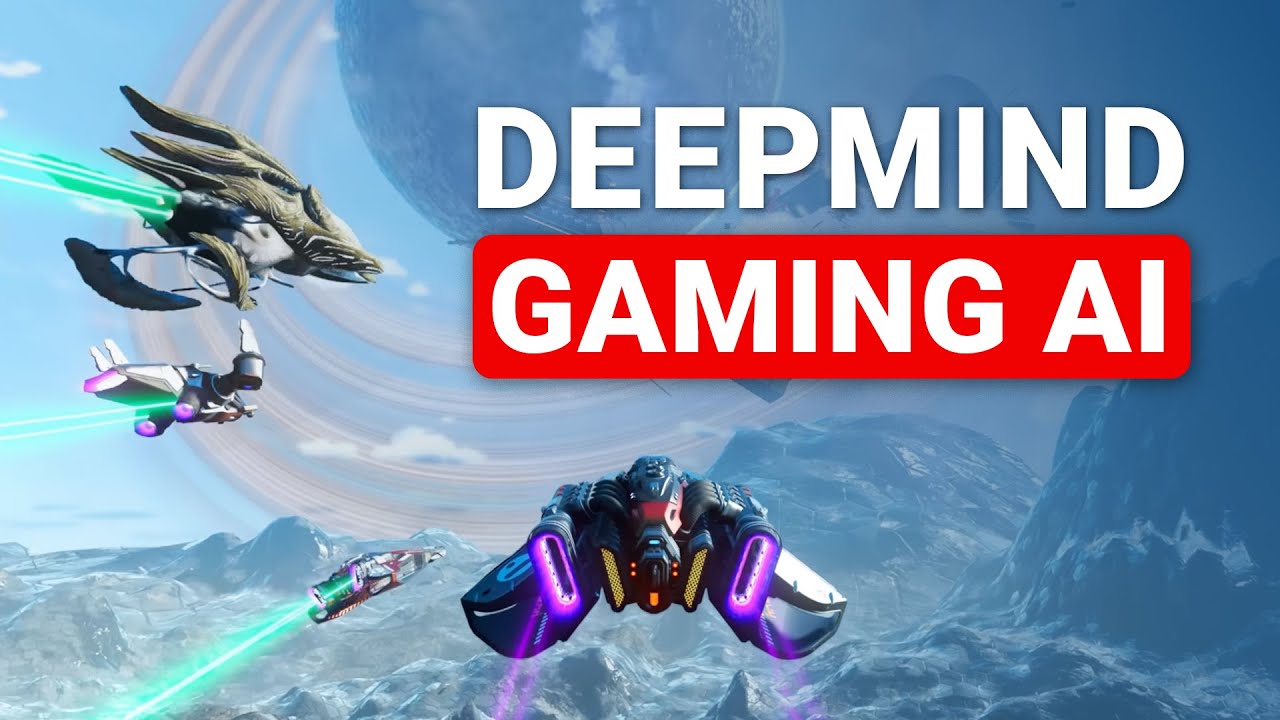
The incorporation of artificial intelligence (AI) in the realm of gaming signifies the fusion of AI methodologies and technologies with video games, aiming to deliver more interactive and immersive gameplay experiences. This process entails programming non-player characters (NPCs) and other game entities to interact with the player and the game environment in a realistic manner, thereby making decisions that enhance the gaming experience. The application of AI in gaming is transforming how games are played by introducing more engaging and challenging elements such as dynamic difficulty adjustment, player-centric balancing, fair competition in multiplayer modes, swift iteration and testing, along with continuous enhancement. Furthermore, AI paves the way for future breakthroughs in fields like augmented reality (AR), virtual reality (VR), mixed reality, data mining, efficient bug detection and testing, predictive analytics, fraud prevention and security measures, game design principles, and game analytics.
Since their inception in the 1950s, video games have always incorporated AI as an essential component. It’s primarily used to induce responsive or adaptive behaviors in NPCs that mimic human-like intelligence. However, it’s important to note that AI’s role within video games is a unique subfield that differs from academic AI; its primary purpose is to enrich the player’s experience rather than focusing on machine learning or decision-making processes.
Looking ahead at what lies in store for AI within gaming reveals potential advancements such as generative AI applications creating limitless open worlds filled with unique content and autonomous characters. Such technology could also revolutionize game development by automating tasks like landscape generation or building creation - potentially leading to entire games being developed based on individual players’ preferences and habits. Nevertheless, it’s crucial to consider how these advancements might affect traditional game development processes and job roles within this industry.
The evolution of AI within gaming promises increased interactivity levels alongside superior graphics and visuals. It opens up infinite possibilities for open-world games while delivering realistic NPCs. Moreover, it has found utility in player sentiment analysis, a process that involves scrutinizing players’ feedback, reviews, and behavior to further enhance the overall gaming experience.
Artificial Intelligence (AI) has brought about a significant transformation in the gaming industry by enhancing the experiences of players through various implementations. Here are some primary applications of AI in the realm of gaming:
Behavior of Non-Playable Characters
- Modern games feature AI-driven non-playable characters (NPCs) that display behavior akin to humans, adapt to the actions of players, and contribute to a more lifelike gaming experience.
Real-Time Difficulty Adjustment
- AI modifies game difficulty dynamically based on the skill levels of players. This maintains player engagement without leading to frustration.
Tailored Gaming Suggestions:
- Algorithms powered by AI scrutinize player preferences, styles of gameplay, and feedback to propose personalized game recommendations and content.
Autonomous Content Generation
- Generative AI expedites game development by independently creating elements such as maps, levels, characters, and art. This saves developers time and effort.
Automation in Dialogue Writing and Storyline Creation
- Tools powered by generative AI aid in automating dialogue writing and storyline creation, thereby making the game development process more efficient.
Advantages of Implementing AI in Gaming
- Efficiency in Time and Resources: Generative AI streamlines game development tasks, freeing up developers’ time for other aspects of game creation.
- Boosts Creativity: The use of AI enables developers to explore new ideas and concepts which can lead to innovative designs for games.
The integration of these applications has reshaped the gaming industry by providing more immersive, customized, and engaging experiences for gamers. It is anticipated that future advancements in gaming will further incorporate AI at all stages of development and gameplay for heightened creativity and efficiency.


